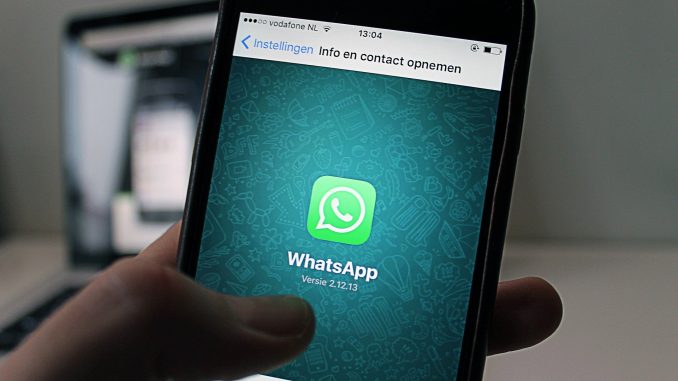
With many people struggling to access financial aid during the pandemic, lots of consumers are searching for ways to survive financially.
In light of this, regulators are warning of the risk of scammers, particularly online and on social media, who are looking to take advantage of this crisis.
Online trading scams and social media scams, such as get rich quick schemes or companies pretending to offer large discounts on products or services, are rife at the moment.
In the US, the Federal Trade Commission (FTC) has warned that, due to the recent deadlock in congress over financial aid, consumers need to be extra vigilant not to fall into these traps.
What does the FTC say?
In a recent blog post, the FTC warned that there’s an increase in consumers getting messages on WhatsApp and Facebook, claiming to be from well known companies, offering money to those in need.
“People have reported seeing messages that seem to be from Pepsi, Walmart, Target, and other big-name brands. These messages all offer money to people who need it — through grants, coupons for food support, or other giveaways. But they’re all fake, and not from those companies at all,” the post warned.
These posts are offering money in order to collect the recipients personal information – a form of phishing. Even if the message comes from a friends account, it’s very likely to be a case of account hacking, as no financial assistance is currently being offered in the US.
What should consumers do?
So, if consumers receive these types of messages, what’s the best course of action? The FTC is advising that, if you relieve a phishing message like this one, you should:
- Delete the message straight away and don’t share it with others.
- Avoid clicking on links, as this could download malware or add your details to another list that can be sold on to other scammers.
- Contact the person who sent you the message, as it’s likely that either their account has been hacked or they don’t realise it’s a scam.
- Run a security scan on your device to look for malware – this is particularly important if you have opened any links or shared the message.
- Report it to the FTC at ftc.gov/complaint, or, if outside the US, to the applicable security and online safety body in your country of residence.


Leave a Reply